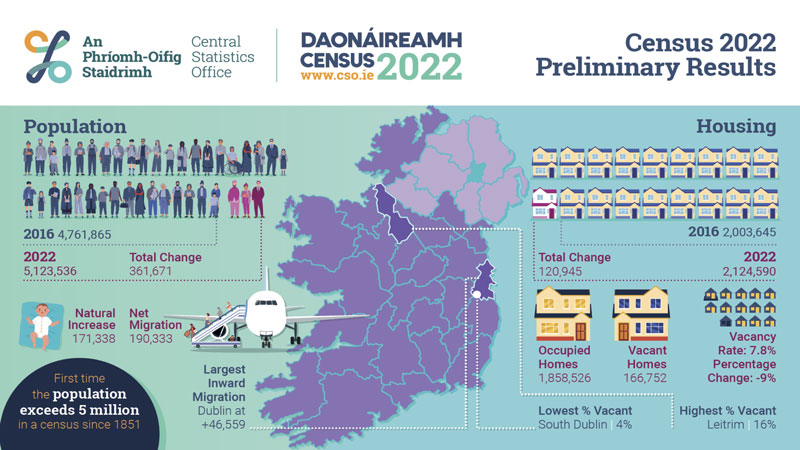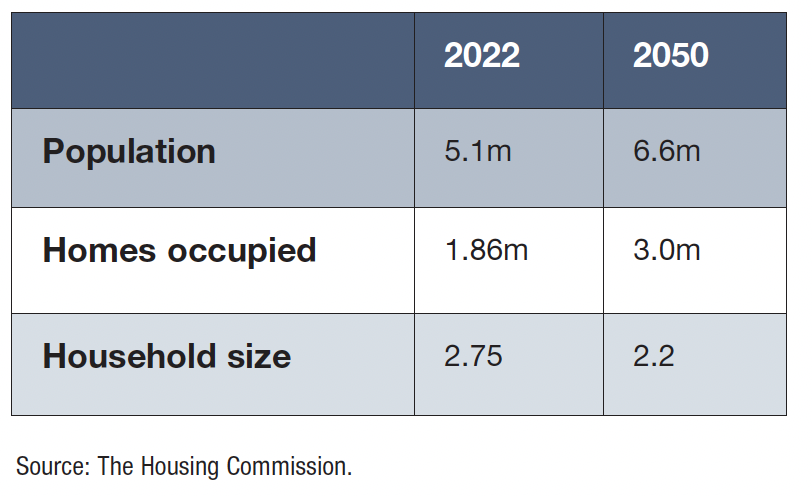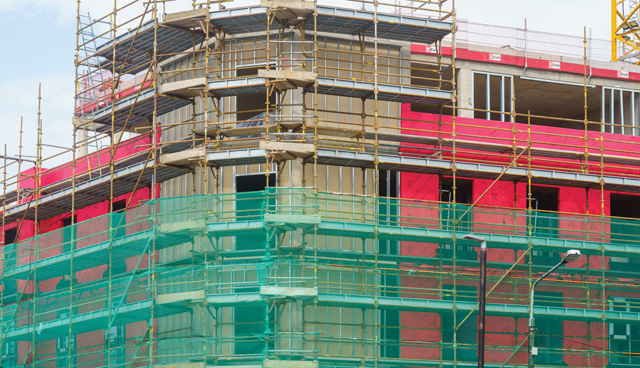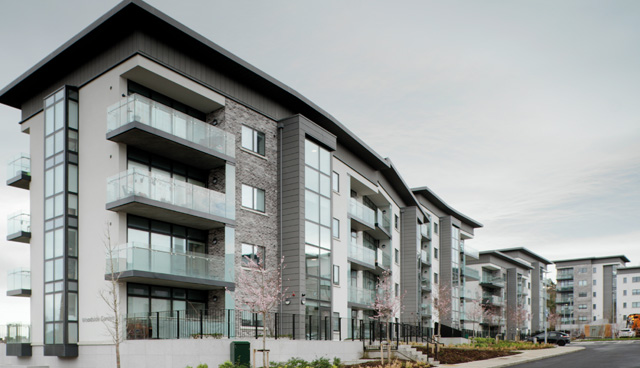
Inclusion Ireland: ‘Two sides of the supported independent living coin’
18th July 2023
Housing sector legislative update
18th July 2023Improving Ireland’s housing system
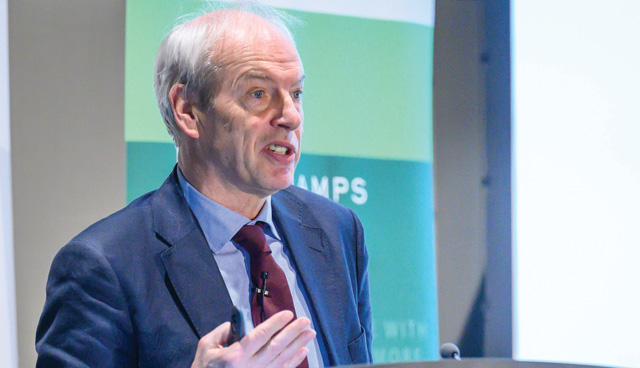
Chair of the Housing Commission, John O’Connor, discusses the key considerations for delivering sustainable policies and outcomes to improve housing.
Established by the Government to independently examine and review the housing system in Ireland, the Housing Commission has been tasked with making long-term and sustainable policy recommendations that will improve Ireland’s housing system.
The primary interest of the Commission is to not only establish the features of a good housing system but to also establish how these steps can be implemented.
The Chair explains that a long-term strategic view of housing must give regard to the holistic challenges currently facing the housing system.
Expanding this point further, O’Connor explains that a focus on ‘black swan’ events – those extremely rare events which cause severe damage, but also force re-evaluation and change, such as Covid-19, often means that ‘grey rhino’ events are overlooked. A ‘grey rhino’ event, explains the Chair, is “a highly probable event with a great deal of impact, which is dismissed or overlooked, perhaps because we are not taking it seriously enough”.
To this end, O’Connor points to issues such as the serious undersupply of housing, a crisis in the planning system, and water and wastewater constraints, as prime examples of ‘grey rhino’ issues.
“These are issues that are obvious, visible, and often charging right at us. They are issues that if not addressed rapidly, will cause severe problems in any efforts for long-term improvements,” he says.
“What is important is that politically and socially, we recognise these events and work together on a co-operative basis to address them.”
O’Connor is quick to point out Ireland’s commitment in 2015 to the Geneva UN Charter on Sustainable Housing, through which it committed to ensuring access to decent, adequate, affordable, and healthy Housing for All.
Stressing the importance of a good housing system, he says: “A house is a home, a place for people to live and to feel secure, be it individuals or as a family. Good housing fosters communities and promotes active participation in society. It is, therefore, absolutely critical to have a good housing system.”
O’Connor states that long-term plans and strategies are critical when restructuring the housing system. Pointing out the importance of Housing for All, and its predecessor Rebuilding Ireland in enabling better joined-up governance in response to challenges, he adds: “We need to ensure that we have long-term planning in place, ideally, moving to a place where policies are not changing between government mandates.”
At present, the Housing Commission is focused on two key areas of sustainable housing supply, and tenure (balance and choice), while also continuing to work towards bringing forward proposals on the wording for a referendum on housing.
Influencing its holistic analysis and preparation of sustainable policies and outcomes, O’Connor highlights, is Ireland’s growing population. Census 2022 shows that the State now has a population of over five million people for the first time in its history. However, it is the broader impact of this population swell on things like the number of homes occupied (1.86 million) and the average household size (2.75), which O’Connor says should be the focus of long-term policy development.
Source: The Housing Commission.
Current projections are that Ireland will need at least 1.2 million additional homes by 2050, however, O’Connor notes that current household size is higher than it naturally should be, due to the under supply of housing.
Flagging two things of note from the recent CSO figures, the Chair says: “The CSO population figures and projections need to be viewed in the context of household size. You need to examine if there is a pent-up demand, which at the moment is higher than it should be.
“Additionally, these figures tell us that people in their 20s and 30s in Ireland are particularly affected by the undersupply of housing, a figure for which Ireland is an outlier within Europe.”
O’Connor concludes by stressing the requirement for planning for sustainable development. Highlighting that long-term policy outcomes are as much about utilising existing stock as they are about new supply, he says: “We need to think of our legacy to our children and the needs of future generations. Decision-makers need to make hard choices.”

